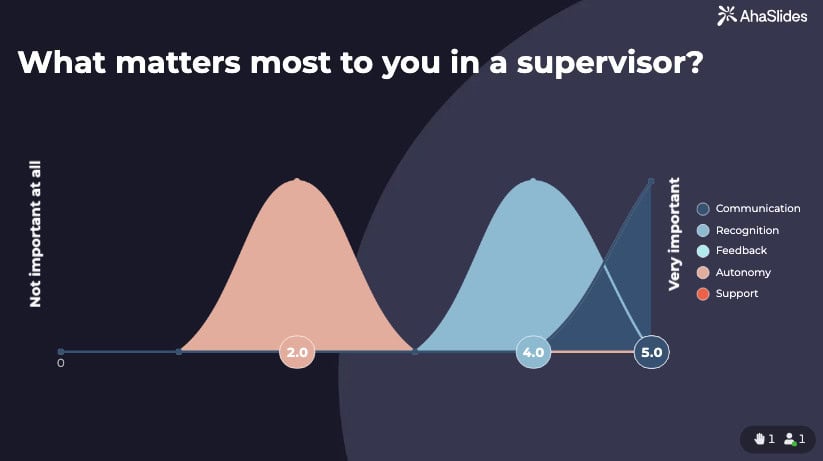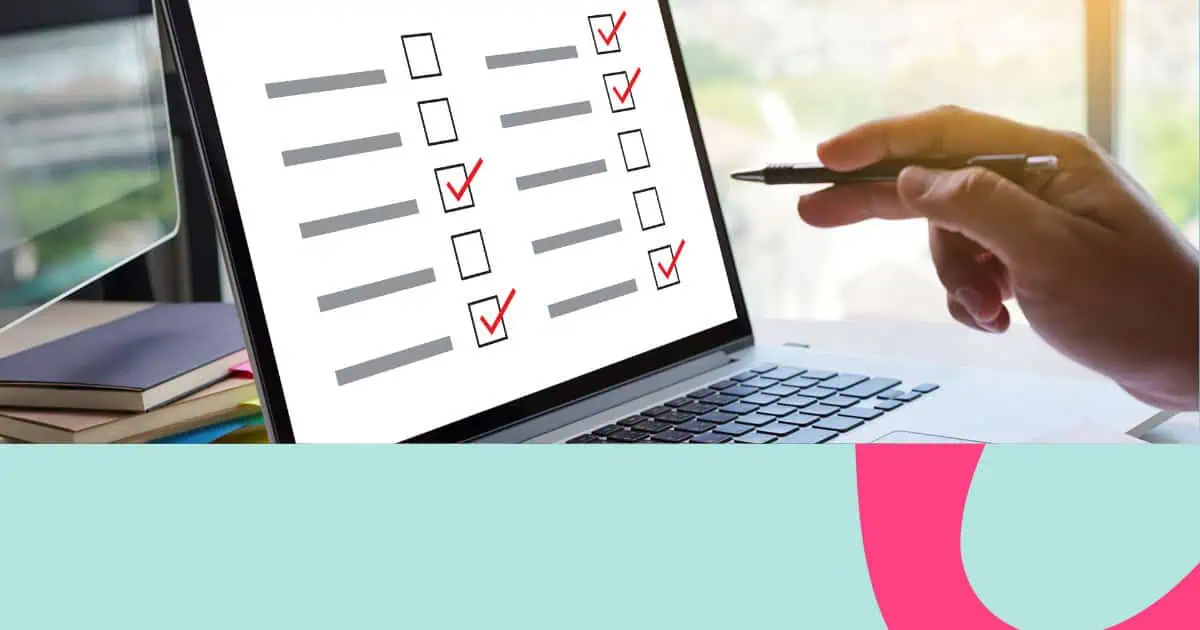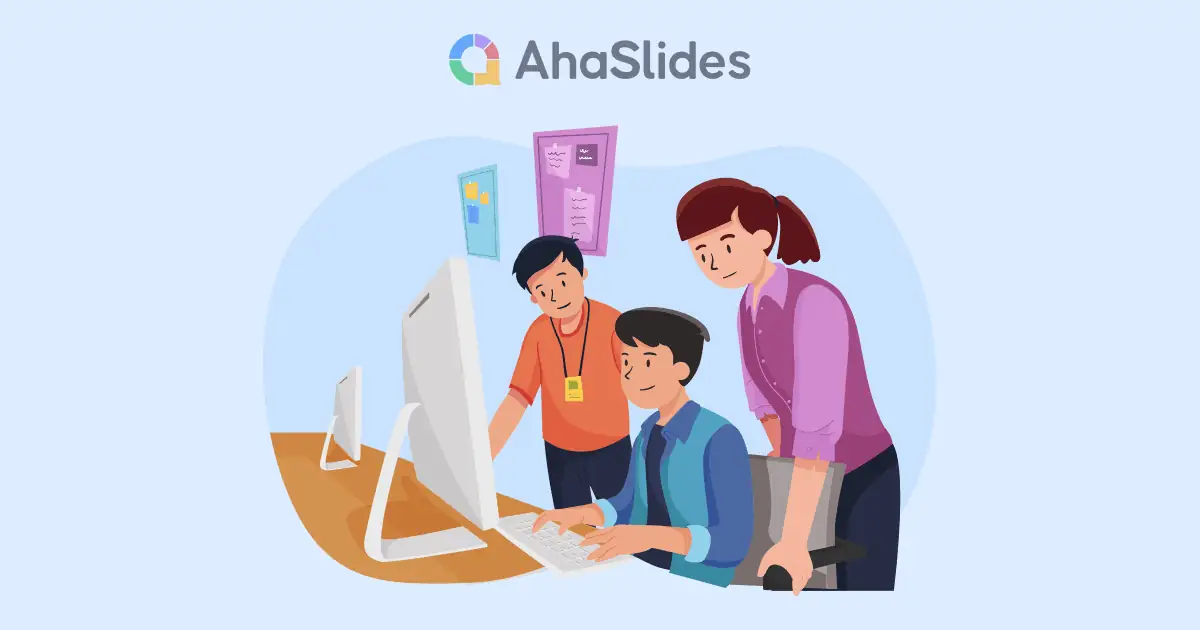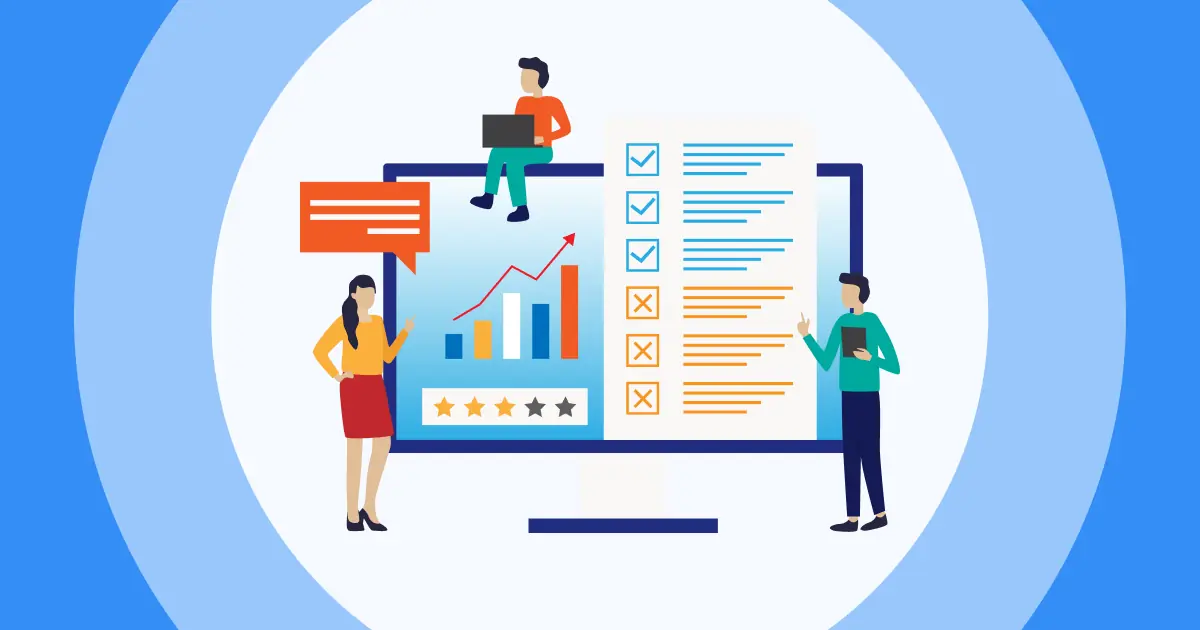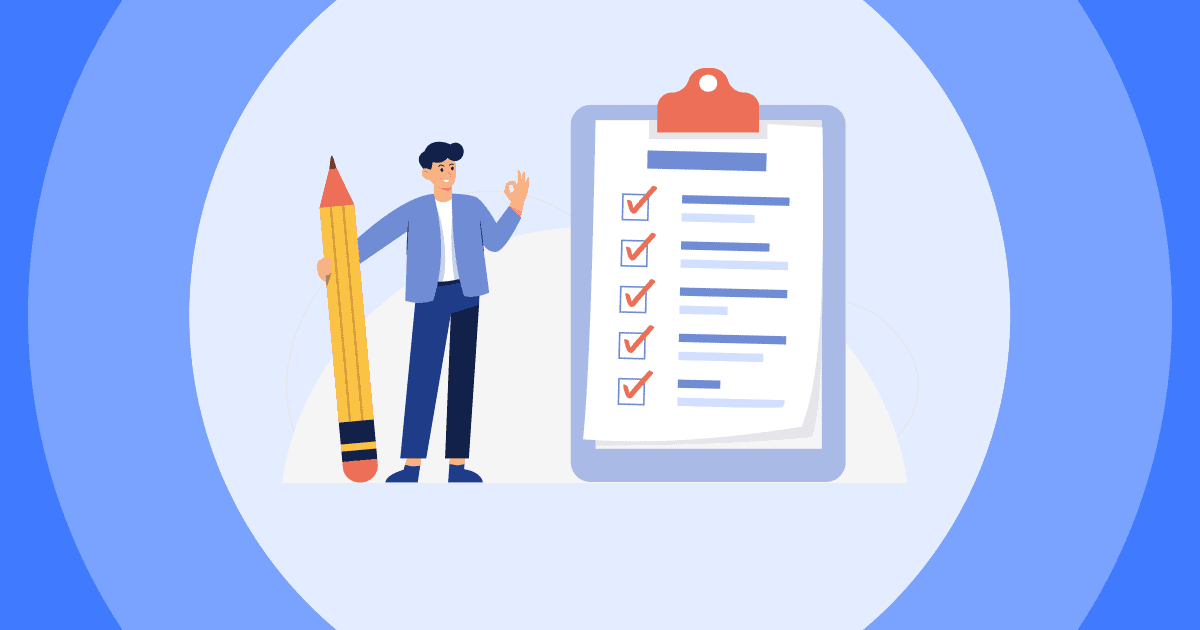The difference between useful feedback and useless noise often comes down to one factor: anonymity. When employees trust that their responses truly cannot be traced back to them, participation rates increase by up to 85%, and the quality of insights improves dramatically. Research from TheySaid shows organisations experience a 58% surge in honest responses after implementing anonymous surveys.
But anonymity alone isn't enough. Poorly designed anonymous surveys still fail. Employees who suspect their responses can be identified will self-censor. Organisations that collect anonymous feedback but never act on it erode trust faster than conducting no surveys at all.
This guide provides HR professionals, managers, and organisational leaders with strategic frameworks for when and how to use anonymous surveys effectively—turning honest feedback into meaningful improvements that drive engagement, retention, and performance.
Table of Contents
What Makes a Survey Truly Anonymous?
An anonymous survey is a data collection method where participant identities cannot be linked to their responses. Unlike standard surveys that may collect names, email addresses, or other identifying information, anonymous surveys are designed to ensure complete confidentiality.
The key distinction lies in the technical and procedural safeguards that prevent identification. This includes:
- No personal information collection – The survey doesn't request names, email addresses, employee IDs, or other identifiers
- Technical anonymity features – Survey platforms use settings that prevent IP address tracking, disable response timestamps, and ensure data aggregation
- Procedural safeguards – Clear communication about anonymity and secure data handling practices
When properly implemented, anonymous surveys create an environment where participants feel secure enough to share honest opinions, concerns, and feedback without fear of repercussions or judgment.
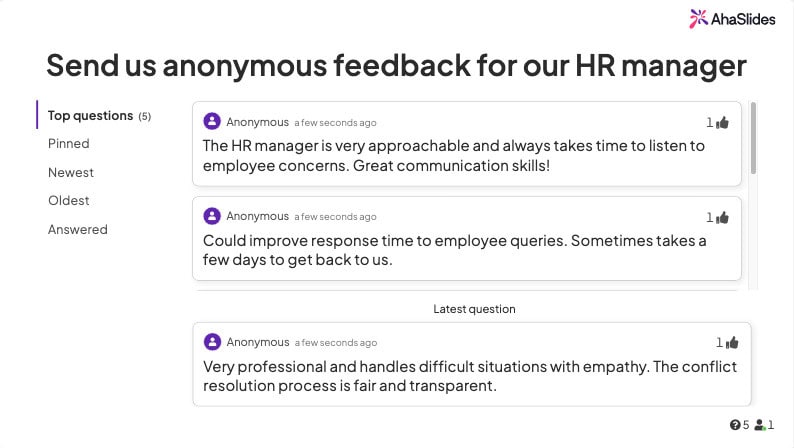
Why Anonymous Survey Transforms Organisational Insights
The psychological mechanism is straightforward: fear of negative consequences suppresses honesty. When employees believe feedback could affect their careers, relationships with managers, or workplace standing, they self-censor.
Documented benefits of anonymous employee surveys:
- Dramatically higher participation rates — Research indicates that 85% of employees feel more comfortable providing honest feedback when anonymity is guaranteed. This comfort translates directly into higher completion rates.
- Candid responses on sensitive topics — Anonymous surveys surface issues that never emerge in attributed feedback: poor management practices, discrimination, workload concerns, compensation dissatisfaction, and cultural problems that employees fear mentioning openly.
- Elimination of social desirability bias — Without anonymity, respondents tend to provide answers they believe reflect positively on them or align with perceived organisational expectations rather than their genuine views.
- Earlier identification of problems — Companies actively engaging employees through anonymous feedback mechanisms demonstrate 21% higher profitability and 17% higher productivity, largely because issues are identified and addressed before they escalate.
- Improved psychological safety — When organisations consistently honour anonymity and demonstrate that honest feedback leads to positive changes rather than negative consequences, psychological safety increases across the organisation.
- Higher quality insights — Anonymous feedback tends to be more specific, detailed, and actionable compared to attributed responses where employees carefully moderate their language and avoid controversial details.
When to use Anonymous Surveys
Anonymous surveys are most valuable in specific professional contexts where honest, unbiased feedback is essential for decision-making and improvement. Here are the key scenarios where anonymous surveys deliver the most value:
Employee satisfaction and engagement assessments
HR professionals and organisational development teams use anonymous surveys to gauge employee satisfaction, measure engagement levels, and identify areas for workplace improvement. Employees are more likely to share concerns about management, workplace culture, compensation, or work-life balance when they know their responses can't be traced back to them.
These surveys help organisations identify systemic issues, measure the effectiveness of HR initiatives, and track changes in employee sentiment over time. The anonymous format is particularly important for topics like job satisfaction, where employees might fear repercussions for negative feedback.
Training and development evaluation
Trainers and L&D professionals use anonymous surveys to evaluate training effectiveness, gather feedback on content quality, and identify areas for improvement. Participants are more likely to provide honest assessments of training materials, delivery methods, and learning outcomes when their responses are anonymous.
This feedback is crucial for refining training programmes, addressing content gaps, and ensuring training investments deliver value. Anonymous surveys help trainers understand what's working, what isn't, and how to improve future sessions.
Customer and client feedback
When seeking feedback from customers or clients, anonymous surveys encourage honest opinions about products, services, or experiences. Customers are more likely to share both positive and negative feedback when they know their responses are confidential, providing valuable insights for improving customer satisfaction and business practices.
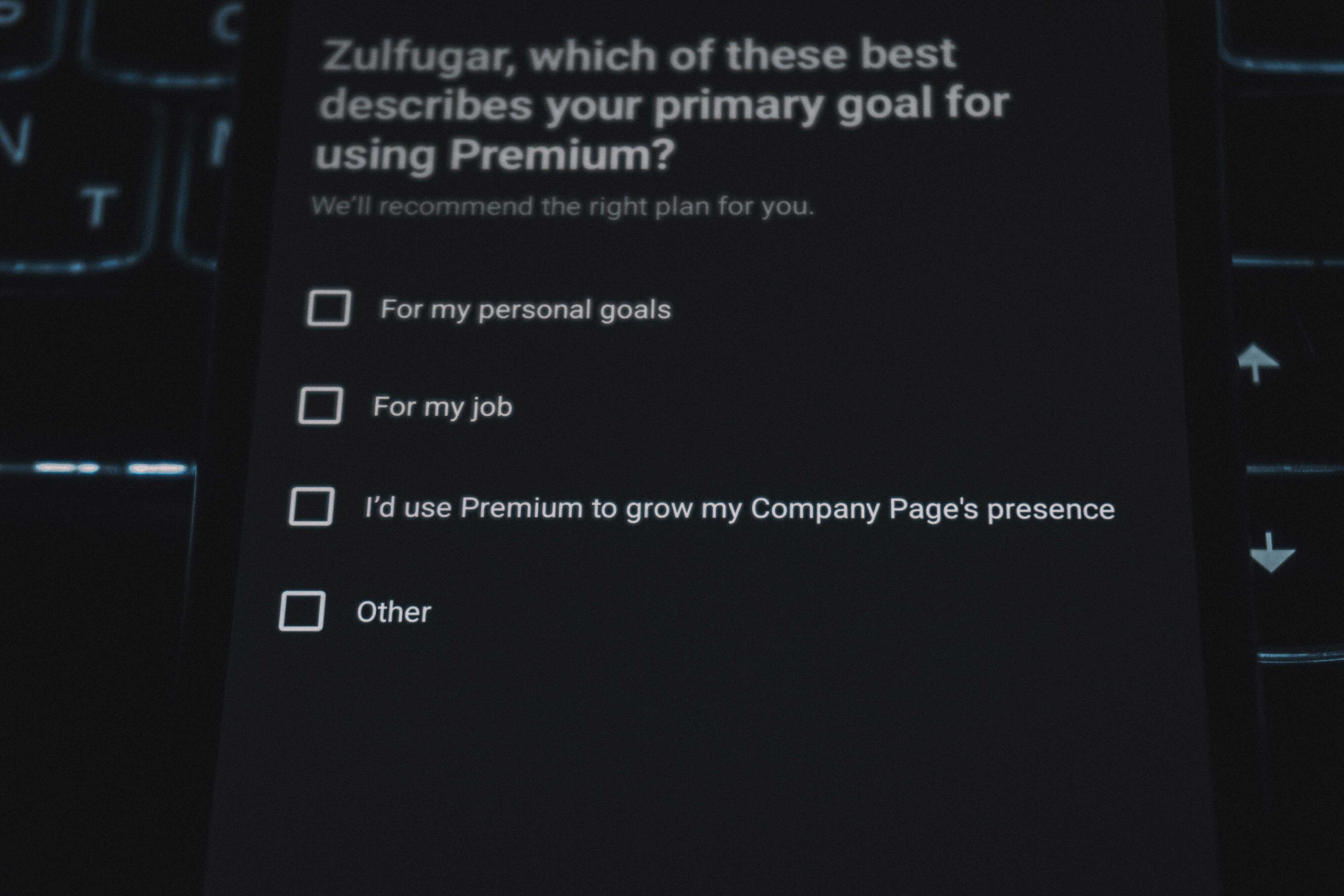
Sensitive topic research
Anonymous surveys are essential when addressing sensitive topics such as mental health, workplace discrimination, harassment, or other personal experiences. Participants need assurance that their responses won't be linked to them, creating a safe space for sharing difficult experiences or concerns.
For organisations conducting climate surveys, diversity and inclusion assessments, or wellbeing evaluations, anonymity is crucial for gathering authentic data that can inform meaningful organisational change.
Event and conference evaluations
Event organisers and conference planners use anonymous surveys to gather candid feedback on speakers, content quality, logistics, and overall satisfaction. Attendees are more likely to provide honest assessments when they know their feedback won't be personally attributed, leading to more actionable insights for improving future events.
Team and community feedback
When seeking feedback from teams, communities, or specific groups, anonymity encourages participation and helps capture diverse perspectives. Individuals can express thoughts without fear of being singled out or identified, fostering a more inclusive feedback process that represents the full range of opinions within a group.
Building Effective Anonymous Surveys: Step-by-Step Implementation
Successful anonymous surveying requires technical capability, thoughtful design, and strategic implementation.
Step 1: Select a Platform That Guarantees Anonymity
Not all survey tools provide equivalent anonymity. Evaluate platforms on these criteria:
Technical anonymity — The platform should not collect IP addresses, device information, timestamps, or any metadata that could identify respondents.
Generic access methods — Use shared links or QR codes rather than personalised invitations that track who accessed the survey.
Result privacy options — Platforms like AhaSlides provide settings that prevent administrators from seeing individual responses, only aggregated results.
Encryption and data security — Ensure the platform encrypts data transmission and storage, protecting responses from unauthorised access.
Compliance certifications — Look for GDPR compliance and other data protection certifications demonstrating commitment to privacy.
Step 2: Design Questions That Preserve Anonymity
Question design can inadvertently compromise anonymity even when using secure platforms.
Avoid identifying demographic questions — In small teams, questions about department, tenure, or role might narrow responses to specific individuals. Only include demographics essential for analysis and ensure categories are broad enough to protect identity.
Use rating scales and multiple choice — Structured questions with predefined response options maintain anonymity better than open-ended questions where writing style, specific details, or unique perspectives might identify individuals.
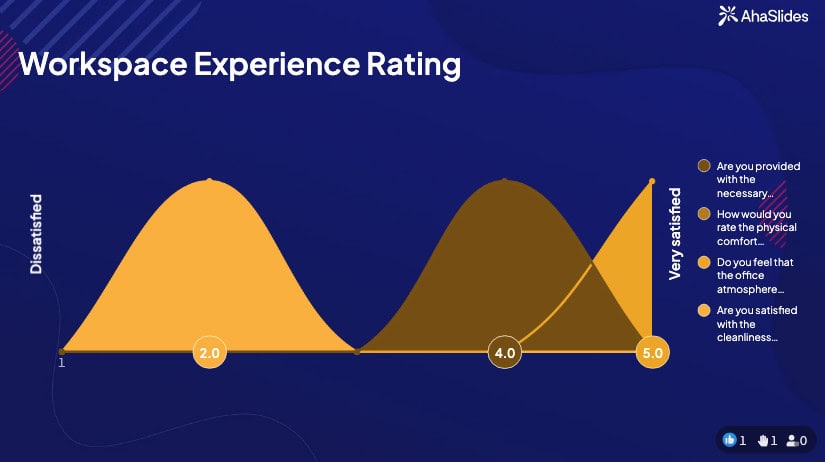
Be cautious with open-ended questions — When using free-text responses, remind participants to avoid including identifying details in their answers.
Don't request examples that could identify situations — Instead of "describe a specific situation where you felt unsupported," ask "rate your overall feeling of support" to prevent responses that inadvertently reveal identity through situational details.
Step 3: Communicate Anonymity Clearly and Credibly
Employees need to believe anonymity claims before they'll provide honest feedback.
Explain technical anonymity — Don't just promise anonymity; explain how it works. "This survey collects no identifying information. We cannot see who submitted which responses, only aggregated results."
Address common concerns proactively — Many employees worry that writing style, timing of submission, or specific details will identify them. Acknowledge these concerns and explain protective measures.
Demonstrate through action — When sharing survey results, present only aggregated data and explicitly note that individual responses cannot be identified. This visible commitment reinforces trust.
Set expectations about follow-up — Explain that anonymous feedback prevents individual follow-up but that aggregated insights will inform organisational actions. This helps employees understand both the benefits and limitations of anonymity.
Step 4: Determine Appropriate Frequency
Survey frequency significantly impacts response quality and participation rates. PerformYard research provides clear guidance: satisfaction scores peak when 20-40 people contribute qualitative feedback, but drop by 12% when participation exceeds 200 employees, suggesting that excessive feedback volume becomes counterproductive.
Annual comprehensive surveys — Deep engagement surveys covering culture, leadership, satisfaction, and development should occur annually. These can be longer (20-30 questions) and more comprehensive.
Quarterly pulse surveys — Brief check-ins (5-10 questions) focusing on current priorities, recent changes, or specific initiatives maintain connection without overwhelming employees.
Event-specific surveys — Following major organisational changes, new policy implementations, or significant events, targeted anonymous surveys gather immediate feedback whilst experiences are fresh.
Avoid survey fatigue — More frequent surveying requires shorter, focused instruments. Never deploy multiple overlapping anonymous surveys simultaneously.
Step 5: Act on Feedback and Close the Loop
Anonymous feedback only drives improvement when organisations demonstrate that input leads to action.
Share results transparently — Communicate key findings to all participants within two weeks of survey closure. Show employees their voices were heard through clear summaries of themes, trends, and priorities that emerged.
Explain actions taken — When implementing changes based on feedback, explicitly connect the action to survey insights: "Based on anonymous survey feedback indicating that unclear priorities create stress, we're implementing weekly team alignment meetings."
Acknowledge what you cannot change — Some feedback will request changes that aren't feasible. Explain why certain suggestions cannot be implemented whilst demonstrating that you considered them seriously.
Track progress on commitments — If you commit to addressing issues identified in surveys, provide updates on progress. This accountability reinforces that feedback matters.
Reference feedback in ongoing communications — Don't limit discussion of survey insights to a single post-survey communication. Reference themes and learnings in team meetings, town halls, and regular updates.
Creating Anonymous Surveys With AhaSlides
Throughout this guide, we've emphasised that technical anonymity is essential—promises aren't sufficient. AhaSlides provides the platform capabilities that HR professionals need to collect genuinely anonymous feedback.
The platform enables anonymous participation through shared QR codes and links that don't track individual access. Result privacy settings prevent administrators from viewing individual responses, only aggregated data. Participants engage without creating accounts or providing any identifying information.
For HR teams building employee engagement programmes, L&D professionals gathering training feedback, or managers seeking honest team input, AhaSlides transforms anonymous surveying from administrative task to strategic tool—enabling the honest conversations that drive meaningful organisational improvement.
Ready to unlock honest feedback that drives real change? Explore AhaSlides' anonymous survey features and discover how genuine anonymity transforms employee feedback from polite platitudes into actionable insights.
